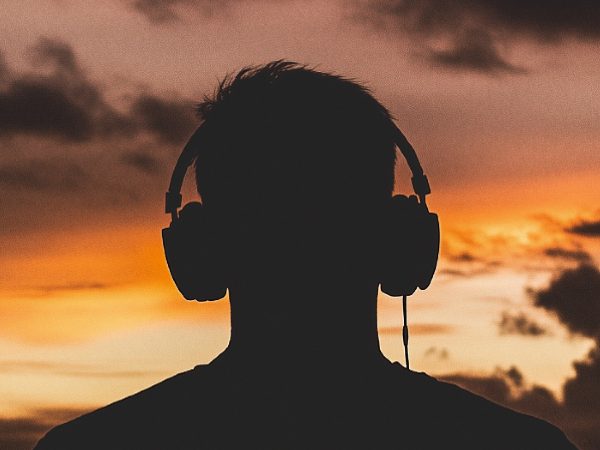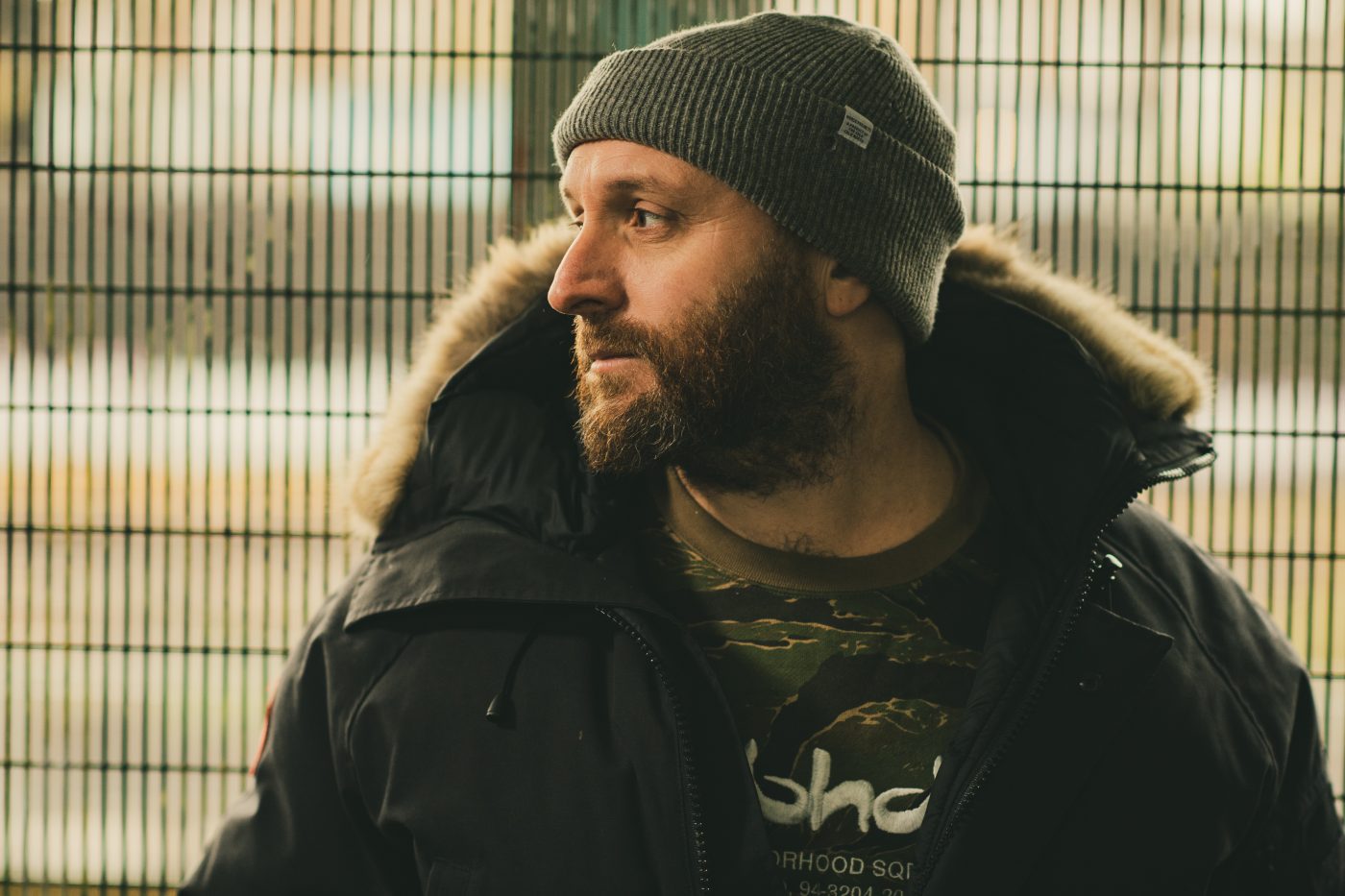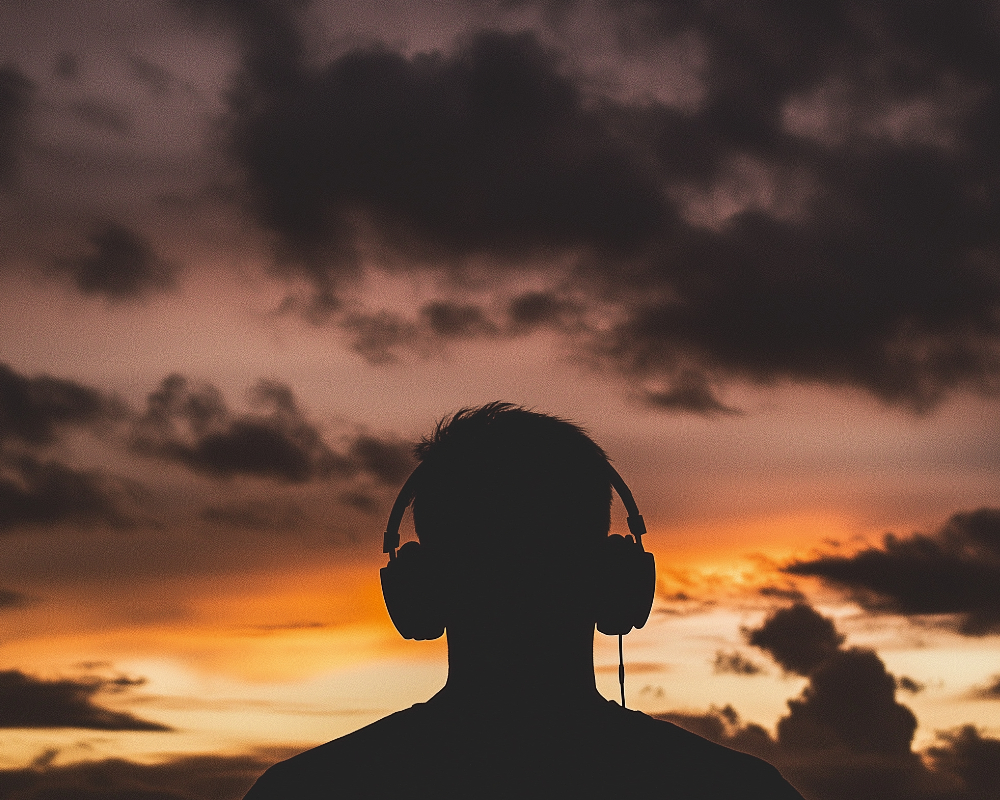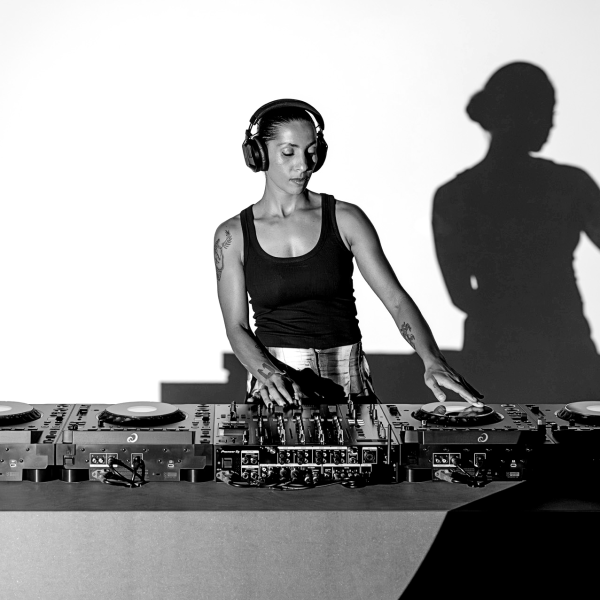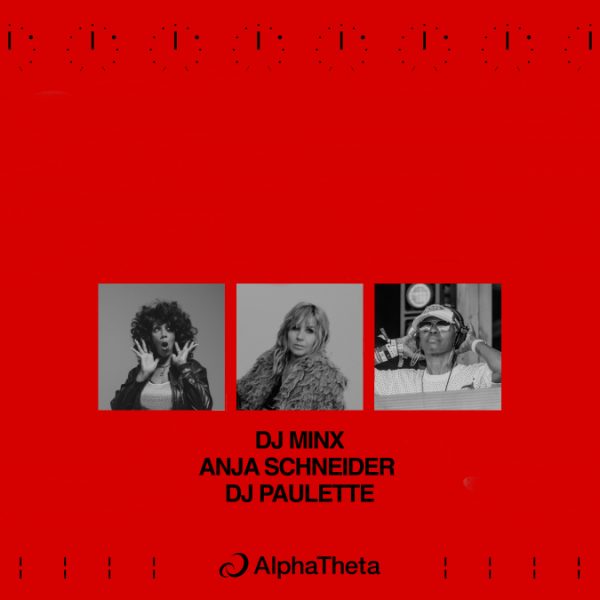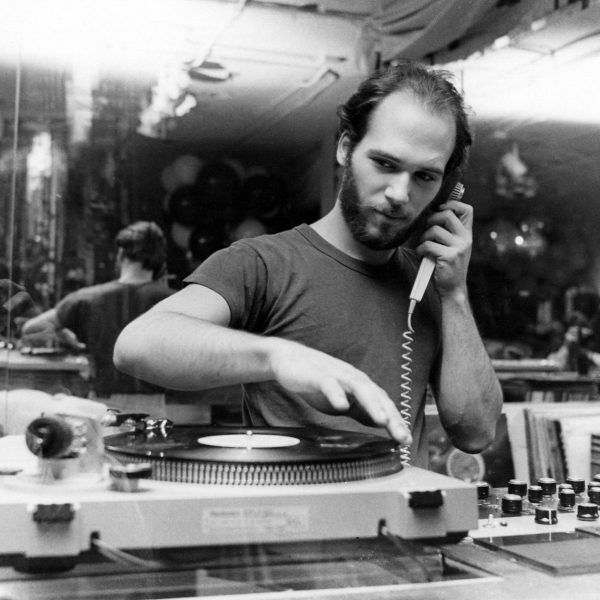Do I need therapy?
If people have never been in therapy before, they might question whether or not they need it; if what they’re feeling goes beyond the normal knocks of everyday experience. How should people decide if it is worth seeking help for their mental health?
I think everyone can benefit from therapy. You don’t have to be in crisis to seek help; self-reflection is always valuable. Having that space once a week to unpack what’s been happening and explore whatever you want is a unique dynamic. Although It can be particularly helpful if you’re struggling, feeling flat, or if the joy has gone out of your gigs, or if anxiety has become unmanageable. In those cases, therapy can be a great first step.
Quantifying therapy can be challenging. However, in my experience, having that consistent space for self-reflection—especially when you’re travelling and DJing a lot—can be incredibly beneficial. It’s like getting off the steam train once a week, allowing you to sort through your thoughts and feelings. Over time, you can begin to figure out what you truly need.
Traditionally, we might think of therapy in terms of a ‘shrink’ model, where you only go if you’re experiencing significant psychological distress. But it sounds like you’re framing it as something beneficial for anyone—a regular opportunity for self-expression, empathy, and reflection in a supportive relationship.
Have you noticed any of the stigma that’s traditionally hovered around therapy falling away during your time in the field?
I think there’s less stigma in the music industry compared to some other professions, like working in a corporate environment. From my experience, I don’t see as much stigma around therapy anymore. In more cutthroat fields, like working in finance, there might be a perception that seeking help is a sign of weakness.
The impact of social media
I was thinking about the social media side of things, where there seems to be a value placed on vulnerability and perceived authenticity. People can build followings by sharing their struggles, but this often unfolds against the backdrop of platforms that can themselves cause considerable mental anguish.
Exactly. It creates a bit of a conundrum. You’re sharing on a platform that may actually contribute to your mental health struggles.
Is social media a common topic you cover with clients?
I would say it is. Status anxiety is one aspect, and then you have Instagram with all the comparisons. Plus, WhatsApp makes it much more difficult to set boundaries. There’s this sense that you can never really get away from work. That constant feeling of being on and always checking in can lead to anxiety. If you don’t respond right away, it feels like you’re not working or you don’t care, which adds to the stress.
I suppose many of these mental health issues are interconnected, especially when we consider the music industry. It’s very much an ecosystem, isn’t it? You have social media, smartphone usage, and then there’s the impact of general well-being, like nutrition, exercise, sleep and daylight.
Thinking again about staying in the moment, phones often do the opposite—they pull you out of the present. Whether it’s scrolling through news feeds or social media, they make it harder for people to stay grounded. In fact, some local schools near me are starting to ban iPhones, which I think is great.
Is there anything we could say about how DJs and people in the music industry might form support networks based on talking and sharing? With everything we’ve discussed about the importance of having spaces to express feelings, it seems like these connections could be a tool in someone’s mental health toolkit.
I mean, it’s always good to talk. It’s important to connect with people who are having similar experiences. DJs can be supportive of one another, and I think that’s great. Additionally, having support networks outside of music and DJing—whatever that looks like—is helpful. It’s interesting how some people can leave us feeling drained, while others can uplift us. Being aware of the effects different people have on us is really important. Understanding who feels nurturing and who doesn’t can be incredibly helpful, as it allows us to recognize how different interactions affect us
Finding the right therapist
What about the actual process of finding a therapist? From personal experience, that can feel like a bit of a barrier to entry. There’s often a sense of overwhelm—how do I even begin to pick someone? I was wondering if you have any thoughts or advice.
If you can have a 10-minute conversation with a therapist, then do that, just to get a feel of what they’re like and whether you feel a good connection with them. There’s nothing wrong with seeing a few therapists for initial sessions and just seeing who you get the most connected feeling with.
You might want to think about what gender or identity might work for you? Or does that even matter? For example, if you’ve got a lot of stuff to work through about your mother, it could be beneficial to find an older woman as your therapist, as that might bring more of that material up. Or, do you want to speak to somebody who might understand your life experience better? That’s why having a therapist who understands the music industry, like the group that Tamsin Embleton set up, the Music Industry Therapist Collective, works well. It’s a good pool of professionals who have that understanding.
Could you tell us a little bit about the group?
Well, it’s a group that Tamsin set up around six years ago. It’s a group of like-minded therapists with a music industry background. We have monthly meetings, and some of the members run workshops. We think about different ways we can contribute to the conversation around mental health in the music industry. Tamsin has written a book which is a great touring manual for mental health.
This can be an overwhelming area, but if we break it down to the benefits of seeing someone, I think just getting in a room with a therapist and seeing what comes up is crucial. It’s important not to be too fixed on how things will go. I genuinely believe this process can really help people grow, and I’ve seen it happen time and time again.
Take a look at some local therapists, read their profile to get a sense of their style, and see if any resonate with you. If possible, have quick conversation with a few of them to gauge how you feel. Ask yourself: “How do I feel talking to this person? Is this someone I can open up to? Do they seem like they would understand me?”
It’s really about starting to connect with someone without getting too caught up in where to begin or whether there’s a specific issue to tackle first.
Yes, it’s a question of chemistry.
It really is. All the studies tend to point to the fact that it’s not so important what model you’re using—whether it’s CBT, psychodynamic psychotherapy or existential psychotherapy. What really matters is the relationship with the therapist. That’s where the work happens. It always seems to come back to that, and I think that’s the best place to start.
I was about to ask: which model do you work with?
It’s integrative. So I’m trained in a lot of different modalities. It’s a bit like being a multi-genre DJ. I might start off with a little bit of downtempo and end with some drum & bass [laughs].

